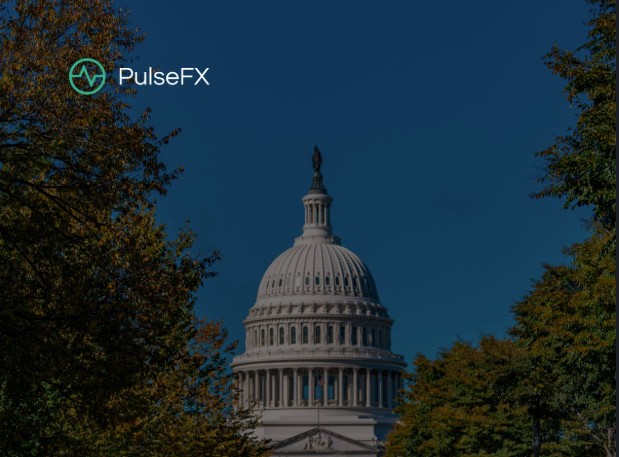What Is a Forward Contract?
A Forward Contract is a financial agreement that allows you to lock in a specific exchange rate today for a currency transaction that will occur at a future date, typically up to 12 months ahead. This tool is invaluable for individuals and businesses looking to mitigate the risk of currency fluctuations.
Why Use a Forward Contract?
Forward Contracts are primarily used for currency hedging, providing protection against adverse movements in exchange rates. By securing a rate in advance, you can:
- Stabilize Cash Flow: Know exactly how much you'll pay or receive in your local currency.
- Budget Accurately: Plan for future expenses or revenues without worrying about exchange rate volatility.
- Protect Profit Margins: Avoid unexpected costs that can erode profits due to unfavorable currency movements.
When Is a Forward Contract Useful?
Forward Contracts are beneficial in various scenarios, including:
- Importing or Exporting Goods: Lock in costs or revenues in foreign currencies.
- Overseas Property Transactions: Secure the exchange rate for future payments.
- Receiving Foreign Income: Ensure consistent income when receiving salaries or pensions from abroad.
- Paying for International Education: Manage tuition payments in foreign currencies.
Pros and Cons of Forward Contracts
Pros:
- Rate Security: Protect against unfavorable exchange rate movements.
- Financial Planning: Enhance budgeting and financial forecasting accuracy.
- Flexibility: Customize contracts to match specific amounts and dates.
Cons:
- Opportunity Cost: If the market rate improves, you're still bound to the agreed rate.
- Commitment: Contracts are binding and require fulfillment.
- Advance Payment: May require an upfront deposit, known as an advance payment.
How Does a Forward Contract Work?
- Agreement: Decide on the amount and future date for the currency exchange.
- Rate Lock-In: Secure the current exchange rate for the future transaction.
- Advance Payment: Provide a deposit if required.
- Settlement: On the agreed date, complete the transaction at the locked-in rate.
Pulse FX: Your Partner in Currency Risk Management
At Pulse FX, we offer tailored Forward Contract solutions to help you manage currency risk effectively. Our services include:
- Competitive Rates: Access favorable exchange rates with low margins.
- Expert Guidance: Work with our specialists to develop a hedging strategy that suits your needs.
- Flexible Terms: Customize contracts to align with your financial goals and timelines.
Conclusion
Forward Contracts are a powerful tool for managing currency risk, providing certainty in an unpredictable market. Whether you're an individual planning a significant purchase abroad or a business dealing with international transactions, Pulse FX is here to help you navigate the complexities of foreign exchange with confidence.





%202.png)

.jpg)




